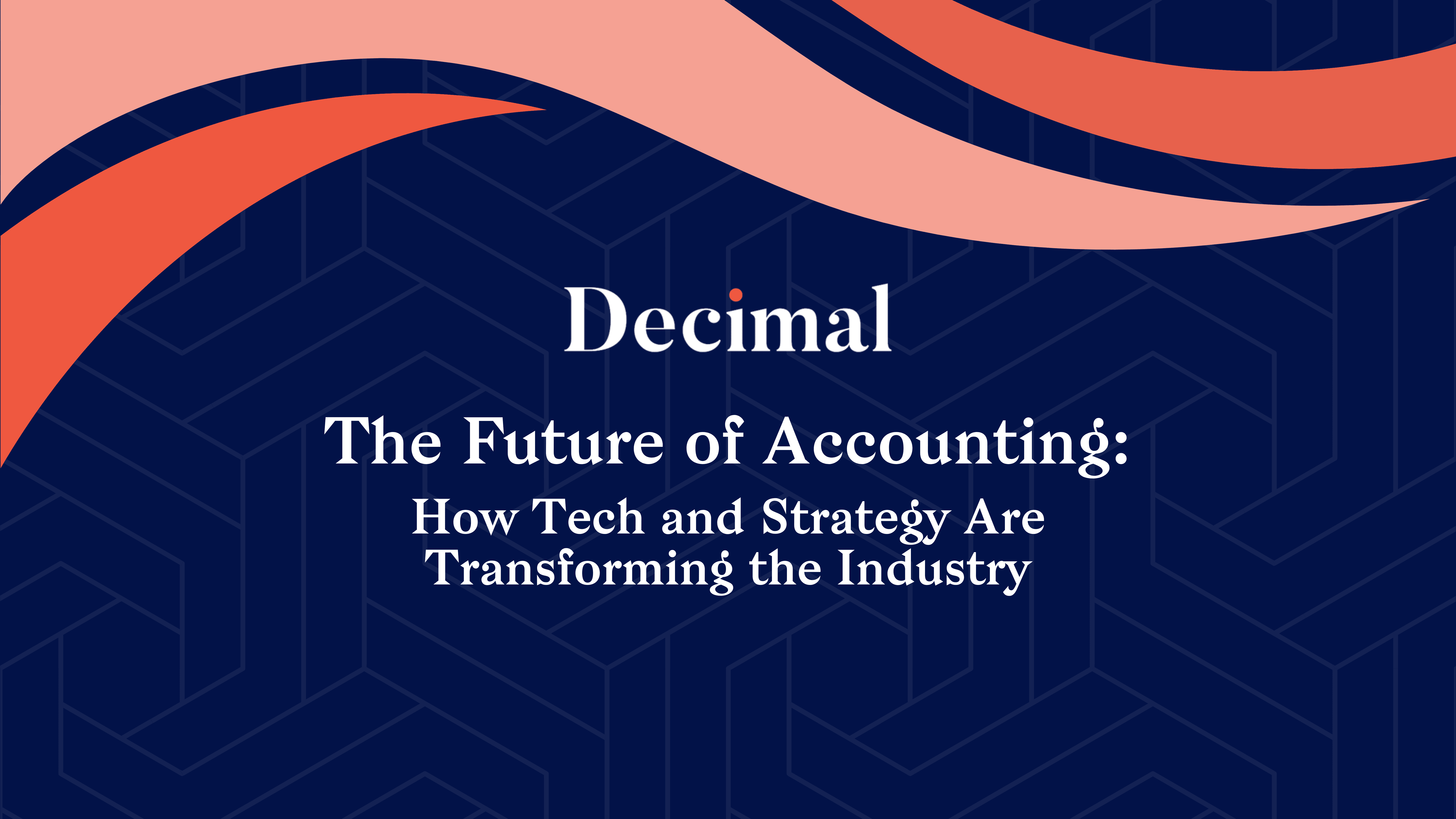The Future of Accounting: How Tech and Strategy Are Transforming the Industry
Accounting is no longer just about balancing the books. It’s becoming a strategic force—powered by automation, guided by real-time data, and shaped by the evolving needs of modern businesses. The firms and finance leaders that embrace this shift aren’t just keeping up—they’re gaining a competitive edge.
Here’s how technology and forward-thinking strategies are redefining the accounting landscape.
Automation Is Becoming the Backbone
From data entry to reconciliation, automation is eliminating time-consuming manual tasks. AI and machine learning tools now categorize transactions, process invoices, and even flag anomalies—faster and more accurately than humans.
This shift allows finance teams to spend less time on routine work and more time on strategic planning, forecasting, and advisory services.
Why it matters: Businesses that automate their core processes reduce risk, increase speed, and free up their team to focus on growth—not grunt work.
Accounting Is Going Real-Time
Traditional accounting works in cycles—monthly closes, quarterly reviews, annual audits. But modern businesses operate in real time, and their financial data needs to keep up.
Cloud-based platforms now deliver always-updated dashboards that let business owners and CFOs see cash flow, expenses, and performance metrics as they happen. That means better decisions, faster pivots, and fewer surprises.
What to do: Shift away from static reports and invest in systems that offer live data feeds and integrations across your tech stack.
Strategy Is Becoming the Core Deliverable
As automation handles the basics, the role of the accountant is evolving. Instead of simply reporting the past, accounting professionals are now expected to interpret financials, identify trends, and guide decisions.
Fractional CFO services, outsourced finance teams, and AI-enhanced insights are giving small and mid-sized businesses access to strategic finance support once reserved for enterprise.
The takeaway: Accounting is becoming less about compliance and more about competitive advantage.
Regulatory Complexity Is Driving System Overhauls
From tax reform and digital reporting requirements to ESG mandates, regulatory pressures are only increasing. Businesses need systems that don’t just record transactions—they document compliance and keep audit trails clean.
How to prepare: Build infrastructure that makes staying compliant part of your workflow—not a last-minute scramble.
Security and Transparency Are Non-Negotiable
With more data in the cloud and more teams working remotely, security is a top priority. Encryption, role-based access, and audit-ready controls are now baseline expectations—not premium features.
Transparency is just as important. Investors, lenders, and leadership teams want clear, credible financials they can trust.
What to implement: Choose platforms that prioritize security and visibility without adding friction to your workflows.
Specialized Tools for Specialized Needs
Generic tools can’t handle the complexity of modern industries. SaaS companies, eCommerce brands, and service firms all have unique financial needs—from deferred revenue tracking to multi-entity consolidation.
Smart move: Use tech that’s built for your industry, not just one-size-fits-all solutions.
The Bottom Line
The future of accounting is agile, automated, and deeply strategic. It’s not just about crunching numbers—it’s about using those numbers to drive smarter decisions.
Whether you’re a founder looking to scale or a finance leader building your next-gen stack, now’s the time to rethink how accounting works in your business.
Need a partner that’s already operating in the future of finance? Let’s talk.
Getting started in days.
Ready to simplify your accounting? Schedule a call with our team and explore your options. We’d love to hear from you!

